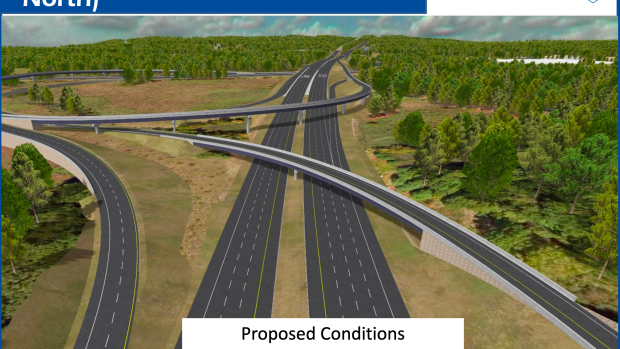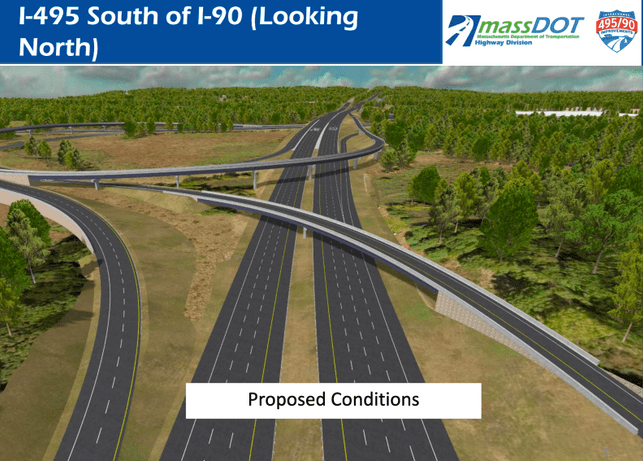
On Thursday, Representative Ayanna Pressley joined 32 other members of the U.S. Congress to introduce the Transit Parity Resolution, which calls on the federal government to end its 40-year practice of spending four times as much on highways than on transit.
Since 1982, federal transportation funding has been governed by the “80-20 split,” which restricts the federal Department of Transportation from spending more than 20 percent of its Highway Trust Fund money on transit projects, leaving the majority of federal funding for highway projects.
During the Reagan administration, when the 80-20 funding split was originally established, the Highway Trust Fund was still funded through the federal gas tax, so lawmakers at the time rationalized that most of the money should go to roads.
But after decades of expensive highway expansions and declining gas tax revenues (the federal gas tax hasn’t been raised since 1993), gas taxes no longer come anywhere near to paying for the nation’s overbuilt highway infrastructure. Since 2008, lawmakers have bailed out the trust fund with $144 billion from other taxpayer funds.
This circumstance begs the question: if drivers on highways are no longer paying for the nation’s transportation programs, why is federal spending still doling out four times as much money for highways than for transit?
“Public transit is a public good, and it’s past time our government treat it like one,” said Rep. Pressley in a press release announcing the resolution. “For too long, our federal transportation investments have prioritized highways over public transit, incentivizing travel in private cars which increases traffic congestion, produces pollution, and exacerbates racial and economic inequality. Today, we have an opportunity and an obligation to fundamentally realign our federal transportation policy to center community connectivity and emphasize equity, access, and sustainability.”
The proposed resolution states that “the House of Representatives (1) declares public transit benefits all Americans and is a national priority; and (2) finds that prioritizing public transit, including safe access to public transit options, requires the Federal Government to provide funding to public transit that is equal to the level of highway funding.”
Transportation for America, an organization focused on improving federal transportation policies, cheered the resolution.
“Why shouldn’t transit receive 80 percent or even 100 percent of transportation dollars?” wrote Emily Mangan on the T4America blog earlier this year. “We are not saying that other modes should not receive any money. The point is that all assumptions should be questioned and funding should go to projects that create jobs quickly in a stimulus bill and support today’s needs and goals, not those of 40 years ago.”
T4America is also collecting signatures on an online petition to end the 80-20 funding policy.






